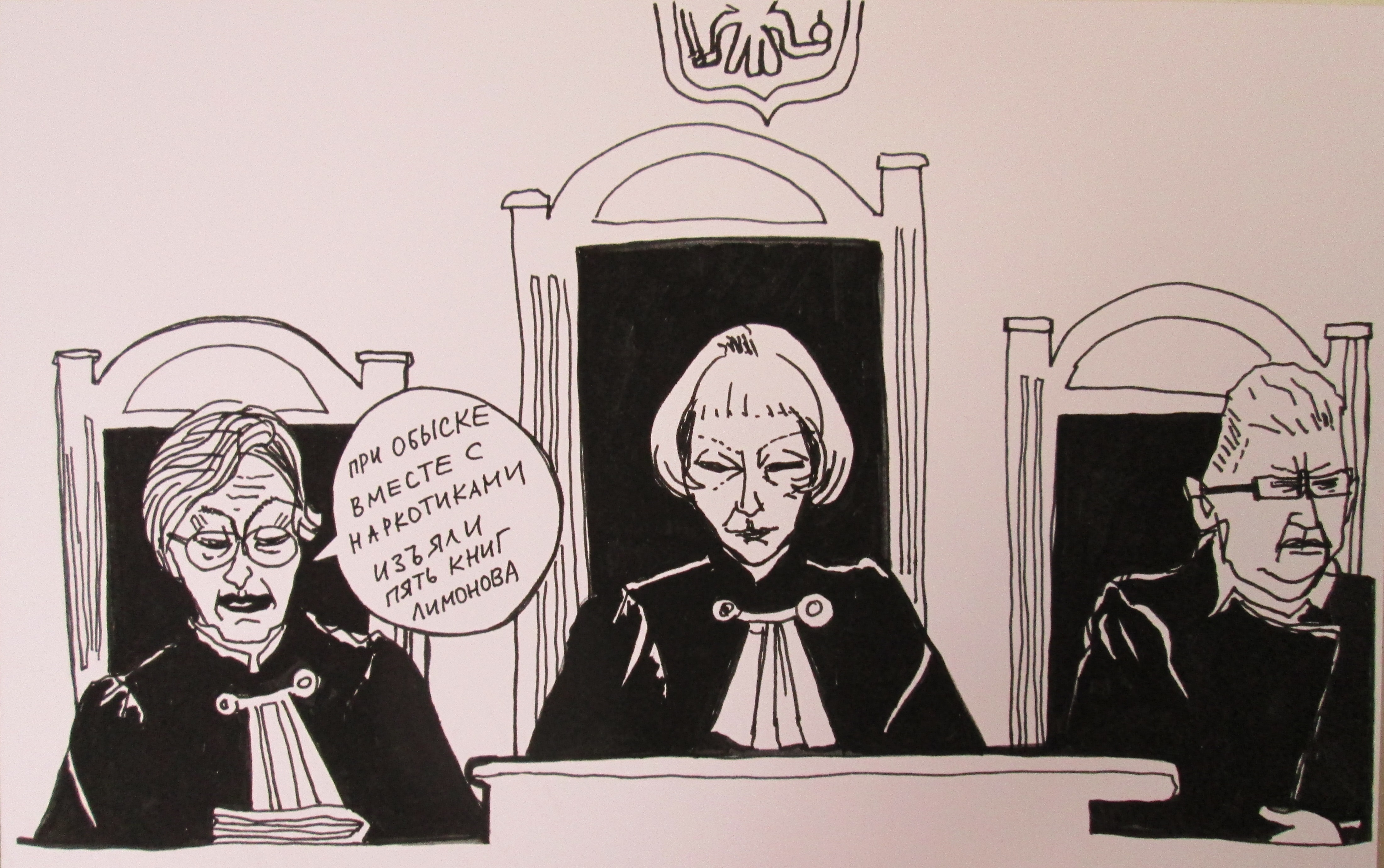Sociology of Justice in Russia
Much of the academic literature, analytical reports and media suggest that the justice system in Russia is rather unreliable, ineffective and corrupt. Scholars and practitioners alike stress numerous dysfunctionalities of the Russian justice system: it does not provide equal access to justice, it does not treat its litigants fairly, the enforcement of rights and obligations is erratic, and what some scholars describe as ‘telephone law’ still prevails in Russian justice system. Some cases – Yukos, Pussy Riot, the Greenpeace 'piracy' in the Arctic – have become so notorious that people tend to regard them as typical of the entire system. Most recently, Russia's treatment of NGOs, of refugees, and its military advances in the international arena – the annexation of Crimea and involvement in the civil war in Eastern Ukraine – have led many to seriously question the country’s commitment both to international law and to the principles of human rights.

But perhaps the full picture is not as uniform?
Marina Kurkchiyan and Agnieszka Kubal bring together a number of excellent researchers of the Russian legal system – Kathryn Hendley (Wisconsin University), Peter Solomon (Toronto University), Jeffrey Kahn (SMU), Maria Popova (McGill University), Lauren McCarthy (University of Massachusetts Amherst), Kirill Titaev (European University St Petersburg), Varvara Adrianova (University of Oxford) – with the aim of contributing a series of first-hand empirical studies from the different corners and contexts of the justice system in Russia, together painting a comprehensive portrait of how law works in practice and therefore of how the people in Russia experience justice.
The investigation of the Russian justice system is sociological, starting from a premise that the situation on the ground is much more complex than the visible differences between high and low profile cases might suggest. The legal experiences of every kind of person, whether an ordinary litigant or defendant, a judge, a lawyer, or a witness, are mediated by a multiplicity of structural variables such as age, gender, education, and ethnicity; by various contexts such as class, occupation and rural or urban setting; and by social dynamics including in particular social conflicts and the proportion of immigrants in the local community.
